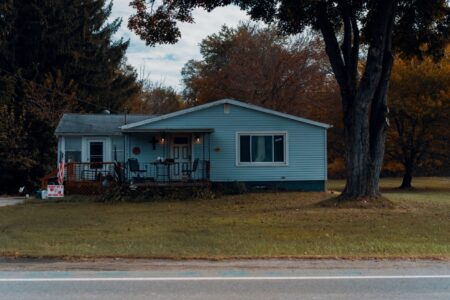
Courtrooms Where No One Knows the Law
Many cases that have a profound effect on poor families, such as whether they will lose their home to eviction or whether a parent will go to jail, are argued in courtrooms where no one, not even the judge, knows the law.






